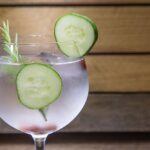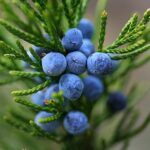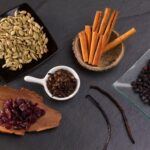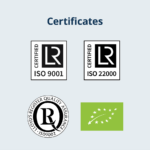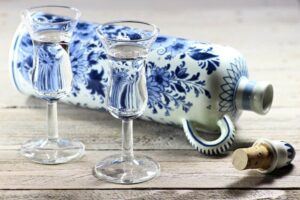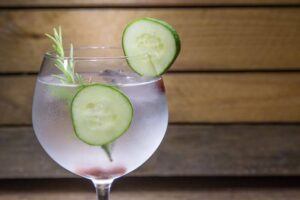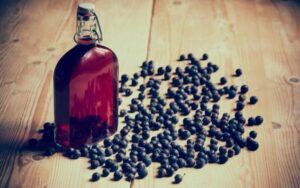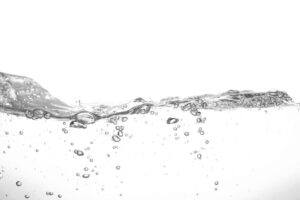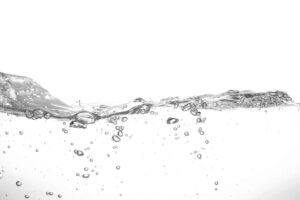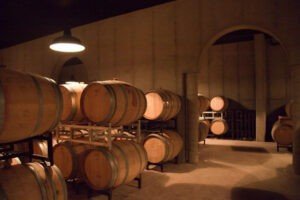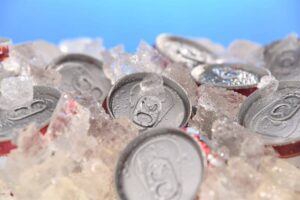Organic gin for organic markets
Gin is a clear distilled spirit that gets its distinct flavour primarily from juniper berries. Other herbs or gin botanicals are often added to further amplify and sophisticate the taste. We can supply all kinds of gin packaged in 1,000 litre IBCs and 25,000 litre ISO tanks.What is Organic Gin?
Organic Gin is an organic spirit that gets its taste from organical sourced botanicals. These plant-based ingredients release aroma into the spirit, usually in the form of oils. These organic botanicals can include seeds, fruit, roots and herbs. The ingredients of organic gin differ greatly for all gin types. The best organic gin, therefore, relies on individual taste.What are the different gin types?
Gin
Distilled Gin
Production of distilled gin is usually in two parts. The first part is the re-distillation of ethyl alcohol in the presence of natural flavours. After the distillation, further flavours are added and they can be either natural or artificial. Distilled gin can be coloured.London Gin
This differs from the other gins in that all the flavouring must be part of the distillation process and the flavouring can only be natural flavourings. After the distillation, only ethyl alcohol, water and a tiny amount of sugar can be added to the distillate. (The amount sugar added is so small that from an organoleptic standpoint it has no effect. It is added for brand protection reasons) • The production of all gin must ensure that the taste is predominantly that of juniper berries (Juniperus communis) and there is a common minimum strength of 37.5% abv. This change in legislation could influence some brand labels because London Gin was previously not fully defined. It was only described as a type of “distilled gin” and therefore some products labelled as a London Gin might have been taking advantage of this lack of definition to call themselves London Gin when in fact they are a “distilled gin”. The Gin and Vodka Association is seeking to ensure products are correctly labelled, including those produced by its members in other countries, and to get the new definition adopted by non-EU authorities and producers. For example, a proposal was made to the Chinese authorities last year. The association is also investigating what accreditation or Kite mark might be developed to further enhance the reputation, promotion and protection of the London Gin category.Organic Gin differs from regular gin in terms of its sourcing and production methods. Organic Gin is made using organically sourced botanicals. These are plant-based ingredients like seeds, fruit, roots and herbs. These botanicals release their aroma into the spirit adding flavor and complexity. In contrast, regular gin may use both natural and artificial flavors and botanicals in its production. The organic certification ensures that the botanicals used in Organic Gin are grown without the use of synthetic pesticides, herbicides or fertilizers. This commitment to organic farming practices aligns with the principles of sustainability and environmental stewardship. Ultimately, choosing Organic Gin allows consumers to enjoy a gin that is crafted with organic ingredients and supports a more sustainable approach to spirit production.
Gin, Distilled Gin, and London Gin have distinct characteristics based on their production methods and flavoring requirements. Gin is created by combining ethyl alcohol with flavors, which can be either natural or artificial. It can also be colored. Distilled Gin is produced through a two-step process. Initially, ethyl alcohol is re-distilled in the presence of natural flavors. Additional flavors, whether natural or artificial, can be added after distillation. Distilled gin can also be colored. London Gin sets itself apart by requiring all flavorings to be included during the distillation process, and these flavorings must be natural. After distillation, only a minimal amount of ethyl alcohol, water, and a small quantity of sugar can be added. The predominant taste in London Gin must be that of juniper berries (Juniperus communis). It must also have a minimum alcohol strength of 37.5% ABV.

